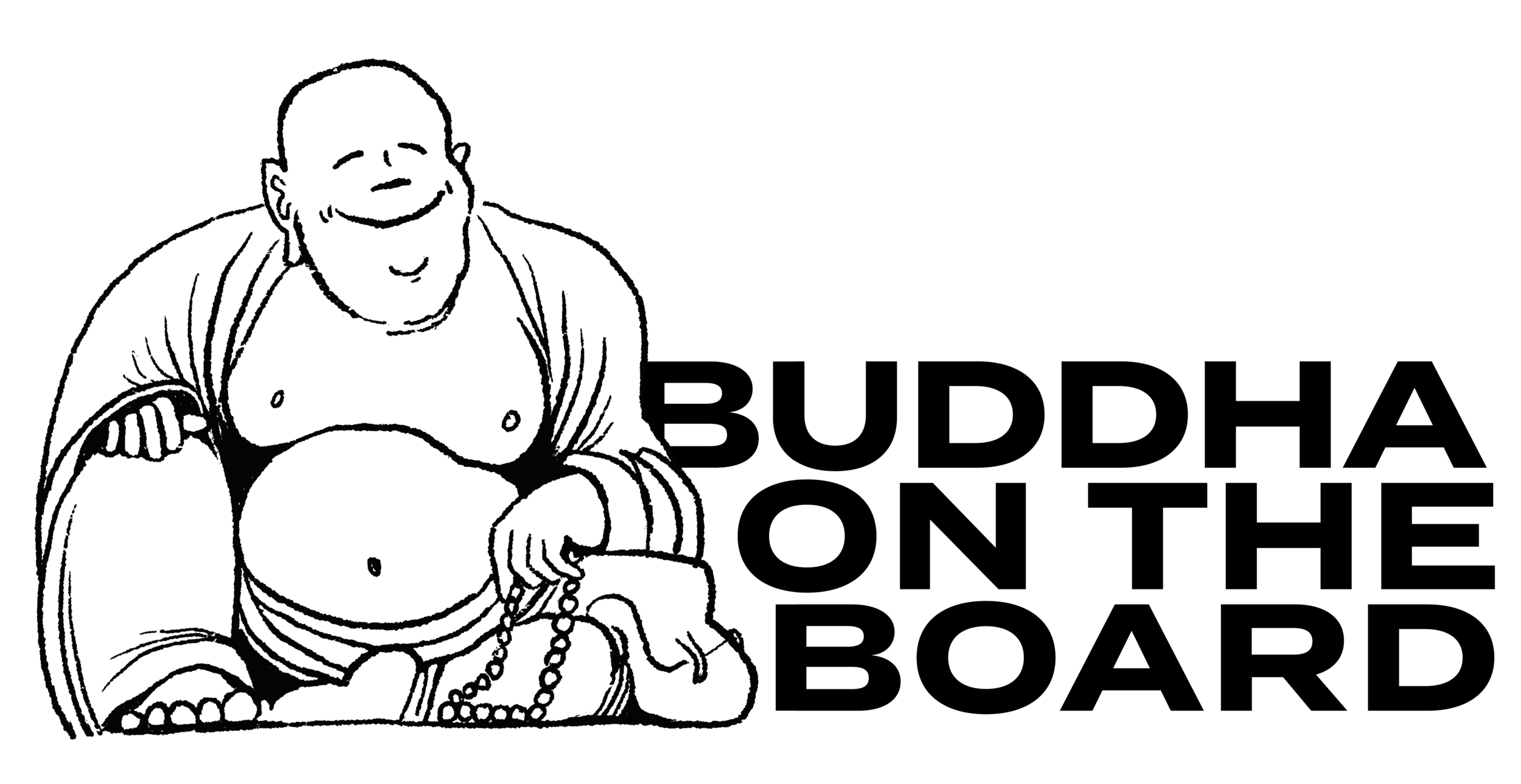Maybe The Answer Is Imperfect(ion)
A short burst of late summer sunshine feels like a treat, a reward.
People on the beach.
Kids in the sea.
In groups of no more than six, obvs!
These bookends of summer are sent to see us into and through the dark winter months.
A winter of lockdowns, shutdowns, disappearing, crumbling systems; ecological, social, political, commercial.
By the end of the year, America will have voted for a President. We’ll see how that goes. The UK will leave the European Union. We’ll see how that goes. The virus will surge. Governments will panic. We’ll withdraw into our shells and the economy will grind to a halt. Happy days!
And with it our work and companies will struggle under seemingly impossible weight.
We are at an inflection point.
We can’t spend our way out. Do we even want to? Buying more and more stuff we don’t need to wheel the oils of an economy designed to support us. The costs of these transactions are increasingly clear. We in the West use between 4 and 7x our share of the planet’s resources. I’m no mathematician but that looks like an impossible exchange.
We need to buy, consume (and want) much less stuff. We need to waste less too.
We tasted different in lockdown. (Some of) the world made bread. We tended the soil. We bought dogs. We heard the birds. We connected with nature around us. And in these connections there was joy and nourishment.
Of course, we also need to work. Work is important for our well being, it is how we contribute and feel valued. We exchange it for the essentials of life. It is where we go to be seen and heard. These are the drivers on which we spin.
But what if we ran our businesses, and our lives, for that matter, on principles of enough-ness? Our businesses don’t need to endlessly grow, they just need to be profitable enough to support the teams, the production, the networks which, in turn, support them. They should also generate enough to reward the entrepreneurs and leaders who carry the burden of making shit happen. And then enough-ness.
And this is an exchange which plays out in our buying too.
We spent six months this year buying almost nothing, comparatively. We spent less and enjoyed the bread and the birds and the soil.
Yes, spending less will mean less stuff is produced which means less opportunity for old companies and old jobs.
Getting to a place of enough-ness will be messy and tricky. It is unclear. Imperfect. But that is no reason not to aim there, orientate towards it.
A late interlude.
A passing conversation with Carlos Saba, leader, innovator, inspirational co-leader of the Happy Start Up community who pointed to an idea thousands of years in the making. Beautiful imperfection. The ancient Japanese art of Wabi Sabi.
If we aspire to a future of beautiful imperfection; companies, work, lifestyle which embraces imperfect solutions, we can travel more lightly, we can enjoy the journey even though the destination is unclear.
And we can buy apples which don’t look good too.
